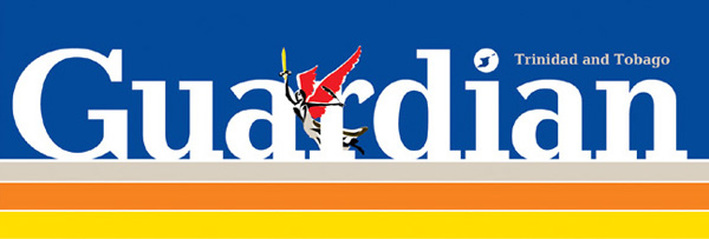How is the nation imagined? Well there are various mechanisms and devices that help us imagine the boundaries of this imagined community. These include our passports, the national anthem, local monetary notes and coinage, our flag, national museums, and maps, amongst other things. Other devices are more banal and include a local dialect like non-Standard English, buying a local national newspaper, local forms of knowledge, and tuning in every morning and evening to the national TV news.
For Anderson such devices help us imagine ourselves as part of a larger community of similar individuals. He goes on to say this imagined community creates horizontal feelings of deep comradeship and brotherhood, which are at the heart of nationalist politics.
Another device that helps citizens imagine themselves as part of a nation is a national census. It’s use and choice of identity categories creates a particular vision of social reality. Our most recent census undertaken in 2011 was released last week and it provides a good example of how a census shapes the national imagination.
According to the census T&T is divided ethnically into 11 different groups as follows. East Indian (35.43%), African (34.22%), Mixed-other (15.16%), Mixed – African and East Indian (7.66%), Not stated (6.22%), Caucasian (0.59%), Chinese (0.30%), other ethnic group (0.17%), Indigenous (0.11%) Syrian/Lebanese (0.08), and Portuguese (0.06%).
There is no mention on the census of the local ethnic labels and markers heard during the course of an average day. Cultural categories (some more politically correct than others) like – redman, darkie, chinee, creole, potogee, chindian, hakwai, chigro, Spanish, cocoa-panyol, ras, dougla and many others. These labels aren’t on the census because they are folk categories and local forms of knowledge. A national census is a different kind of beast. It is an exercise in political calculation and national stocktaking for the modern age. It isn’t interested in folk knowledge.
Such stocktaking is an overt form of state power. A modern state needs to categorise its populations to make a society governable, it is a central element of statecraft; it defines who has rights and who can get resources from the state.
Of course, that the formulation of census questions and categories is a political exercise is not a startling revelation. The cultural categories on our census may have been tweaked slightly over the years but the initial choice of categories stretch back to the days of colonial administration.
For some categories like age this is not a problem, but for other categories like cultural groups a census takes for granted the existence of the category itself. As such, it shapes how we come to imagine each other. It makes social facts out of political categories.
In its most basic terms a census reduces us all to one pre-determined cultural category that we share identically with everyone else in the category. These predetermined choices cause persons to think of the nation as composed of members of various groups. These groups are supposedly timeless, primordial and bounded. Census categories deny that everyday life is far more situational and that persons can constantly negotiate their various social links by choosing to activate various forms of cultural capital depending on the situation and person. This might include adopting a particular accent and cultural behaviour in order to deal with a particular social situation as takes place everyday in T&T.
As the cultural critic Arjun Appadurai once pointed out: “Statistics are to bodies and social types what maps are to territories: they flatten and enclose.”
So a census seems inert. Harmless. Scientific. Yet, a census is a lot more than statistics about the nation. It connects the past to the present through its choice of cultural categories. It makes certain groups invisible such as those of Amerindian heritage who only recently were included as a category. It shapes how we imagine ourselves – as members of bounded cultural categories rather than persons who’s cultural knowledge of each other is far greater and shared than in most other nations.
Understood in this light a census becomes more than simply interesting, it is a manifestation of bureaucratic power that plays a key role in the construction of reality and how we as citizens come to imagine our national community. It shapes us more than we shape it.
http://guardian.co.tt/columnist/2013-02-25/imagined-communities-and-national-census

 RSS Feed
RSS Feed